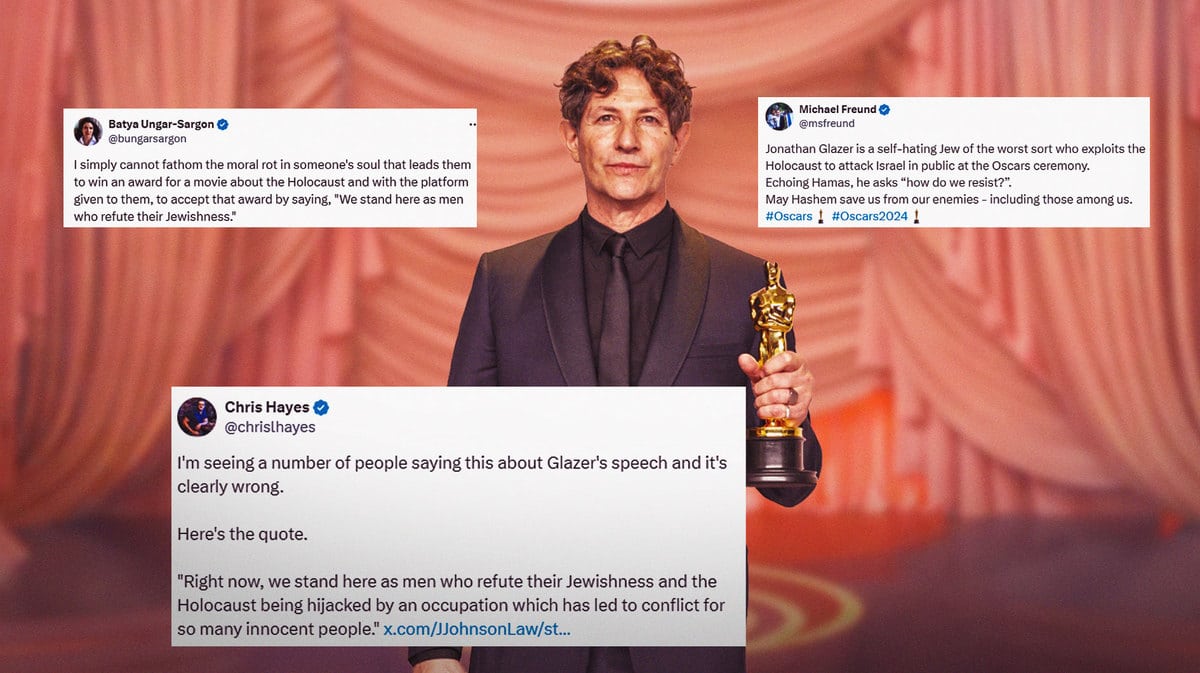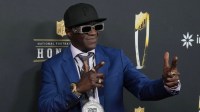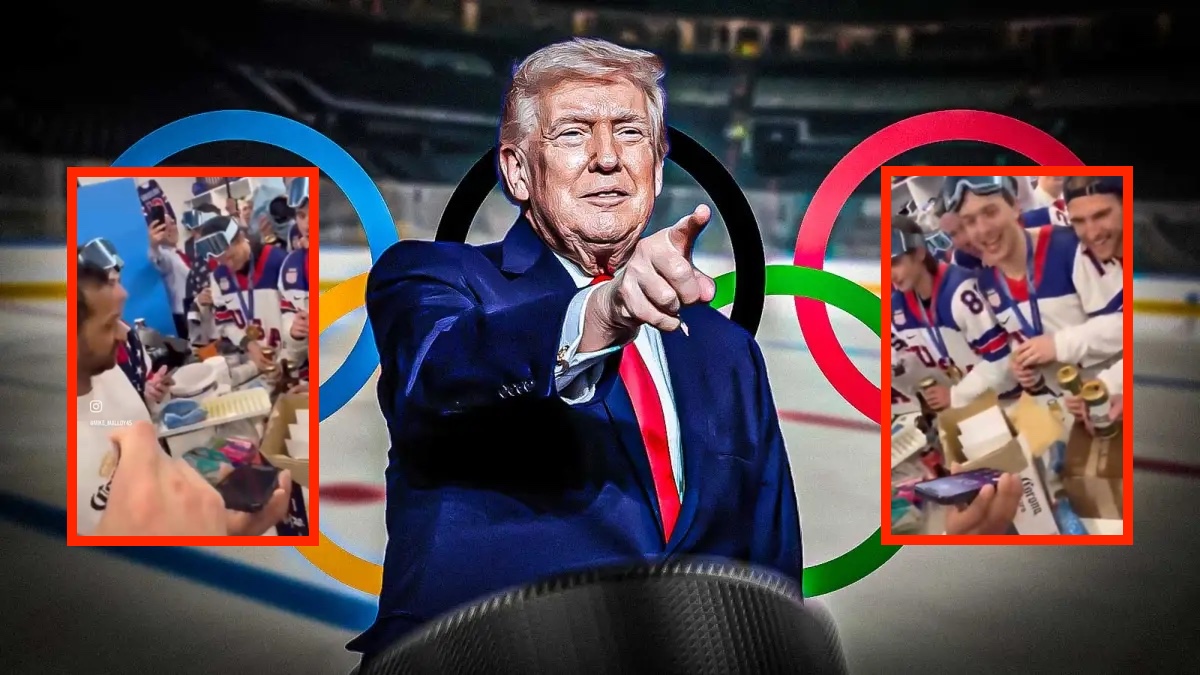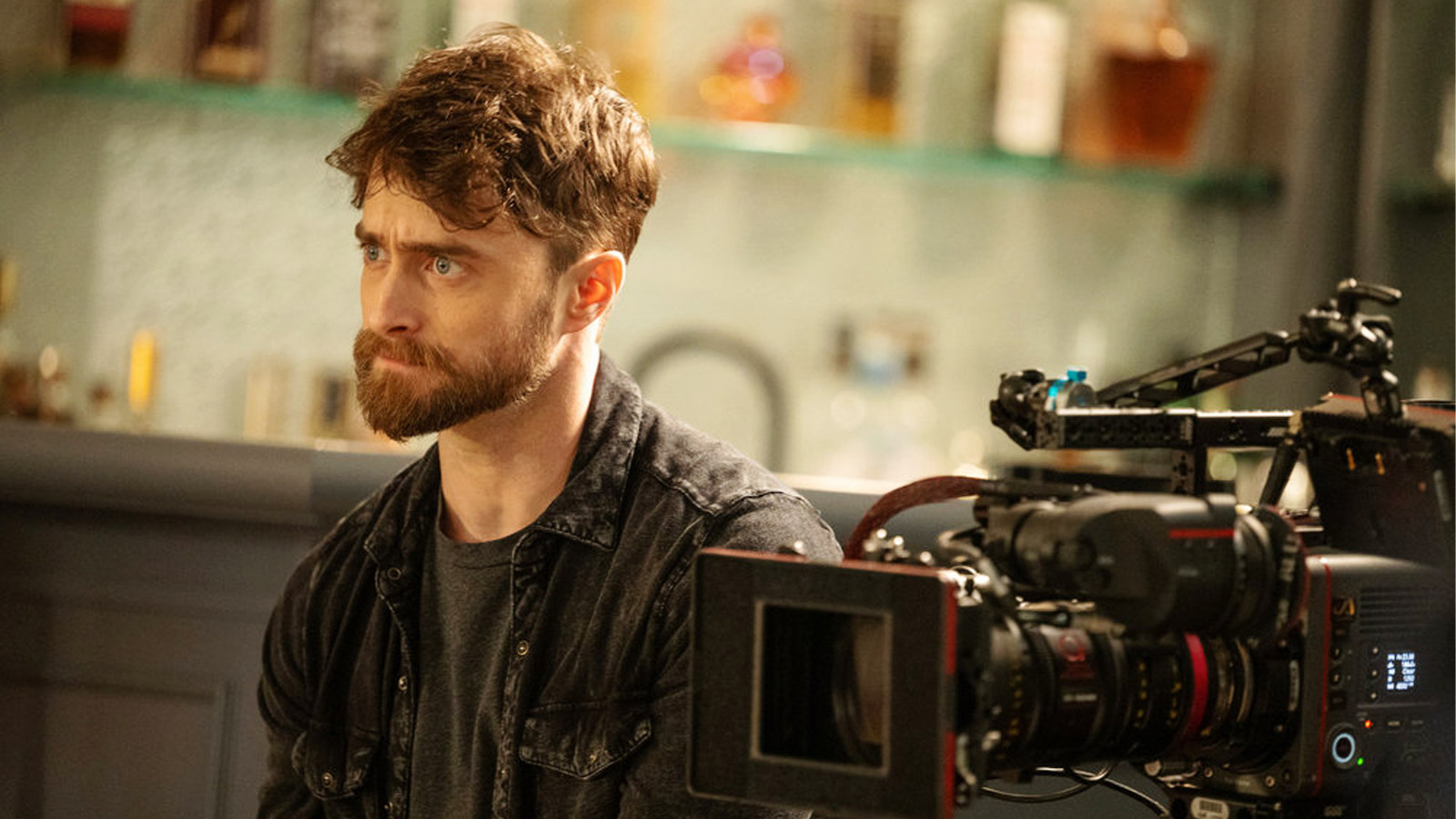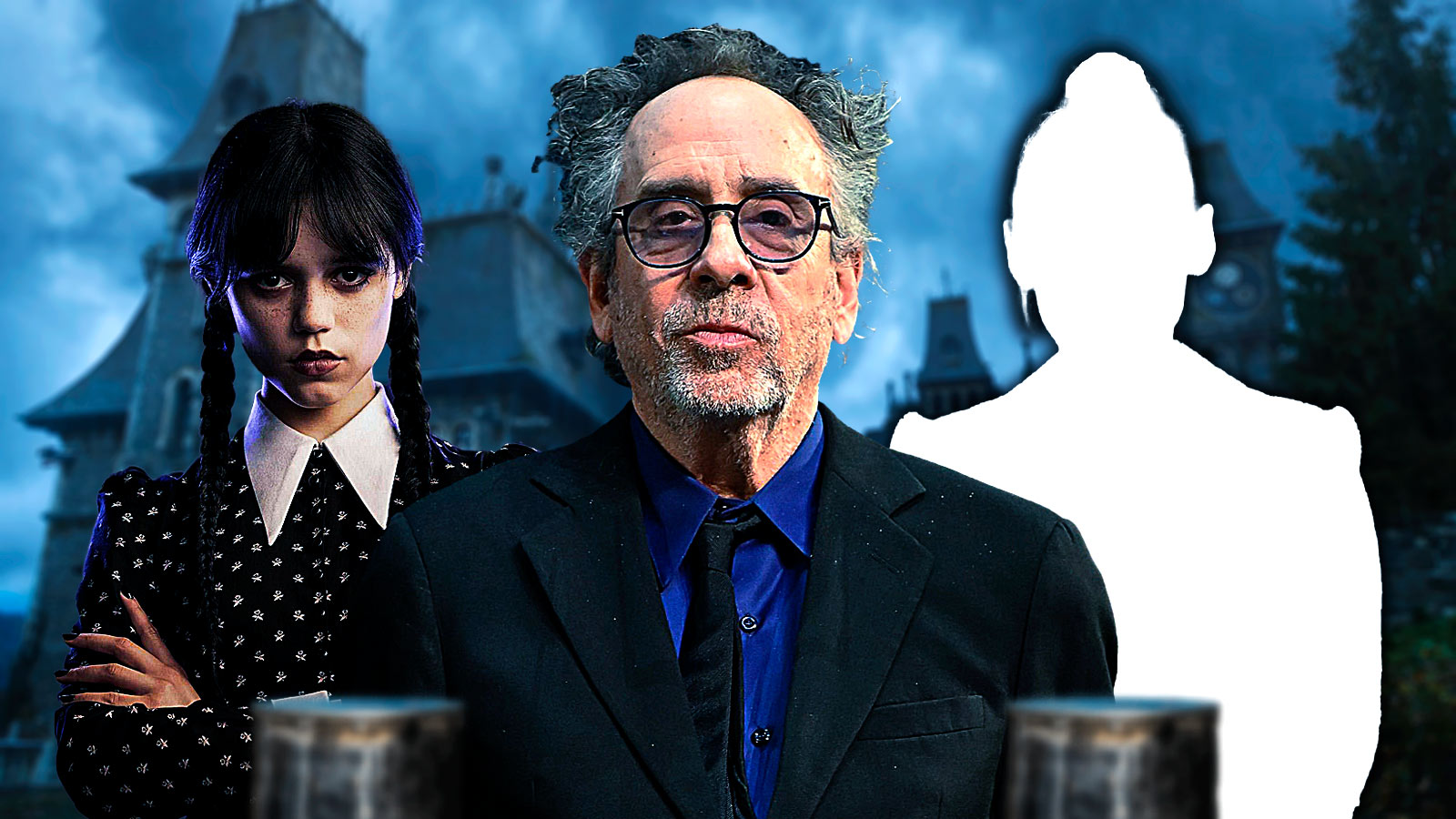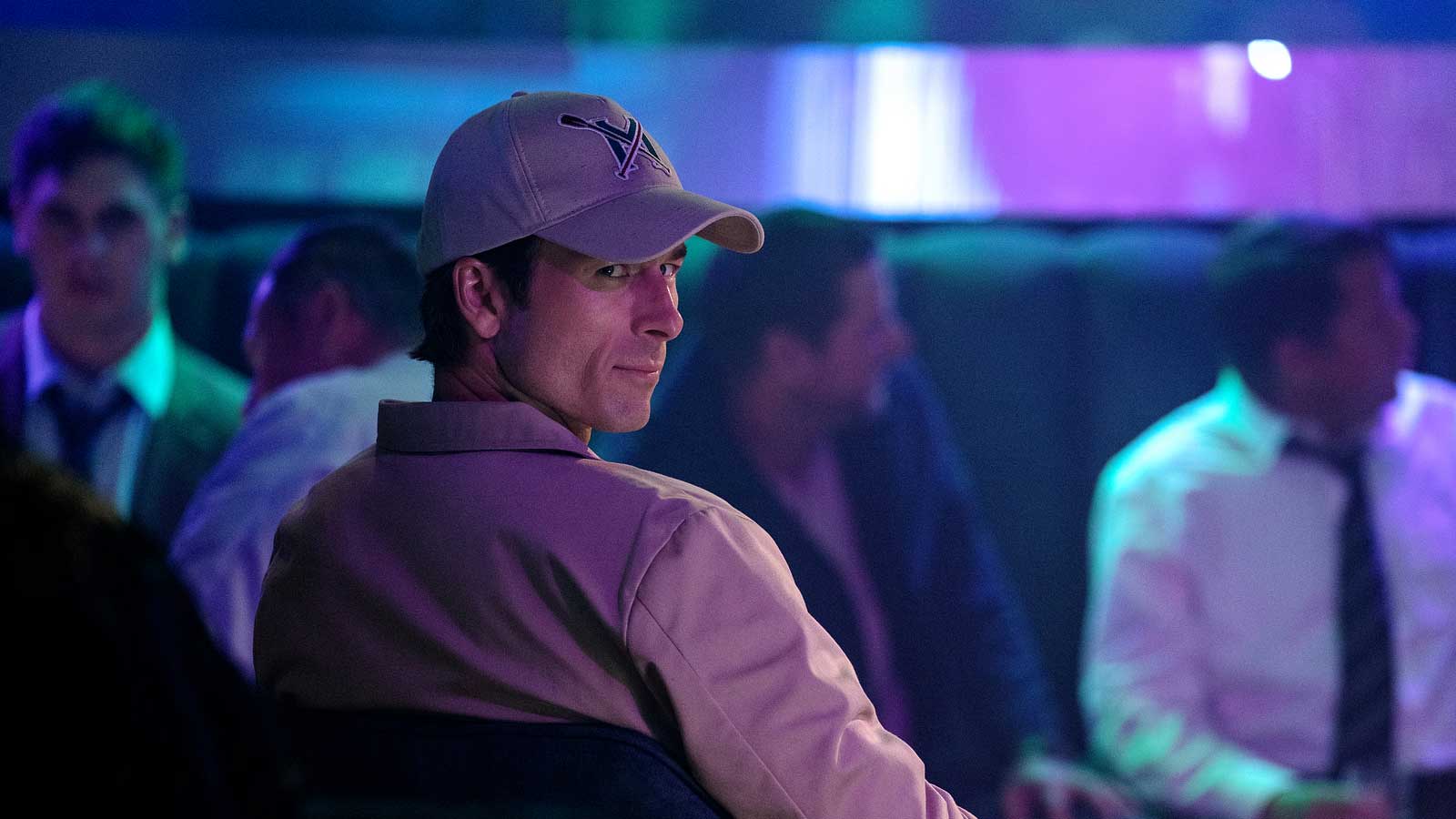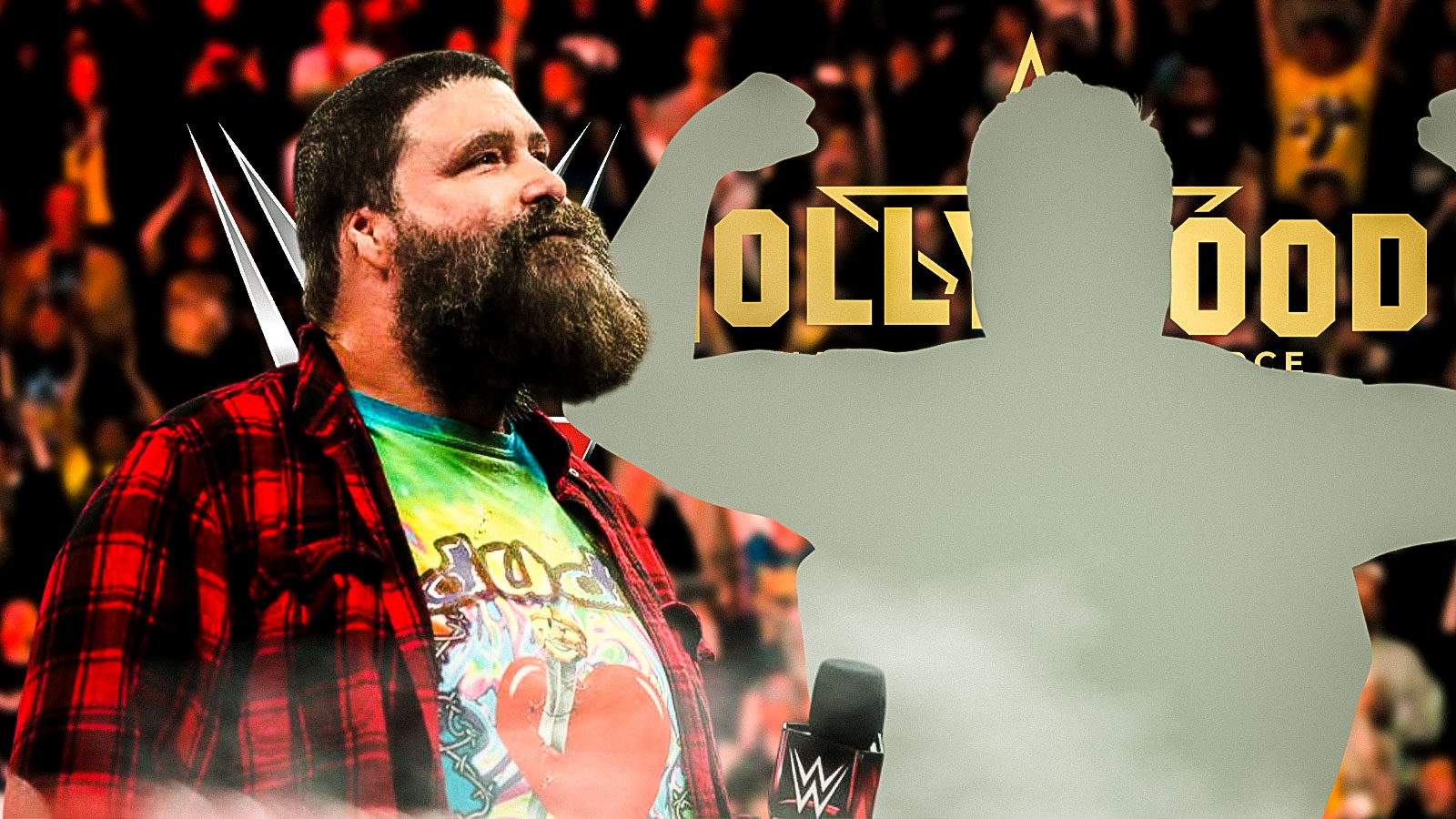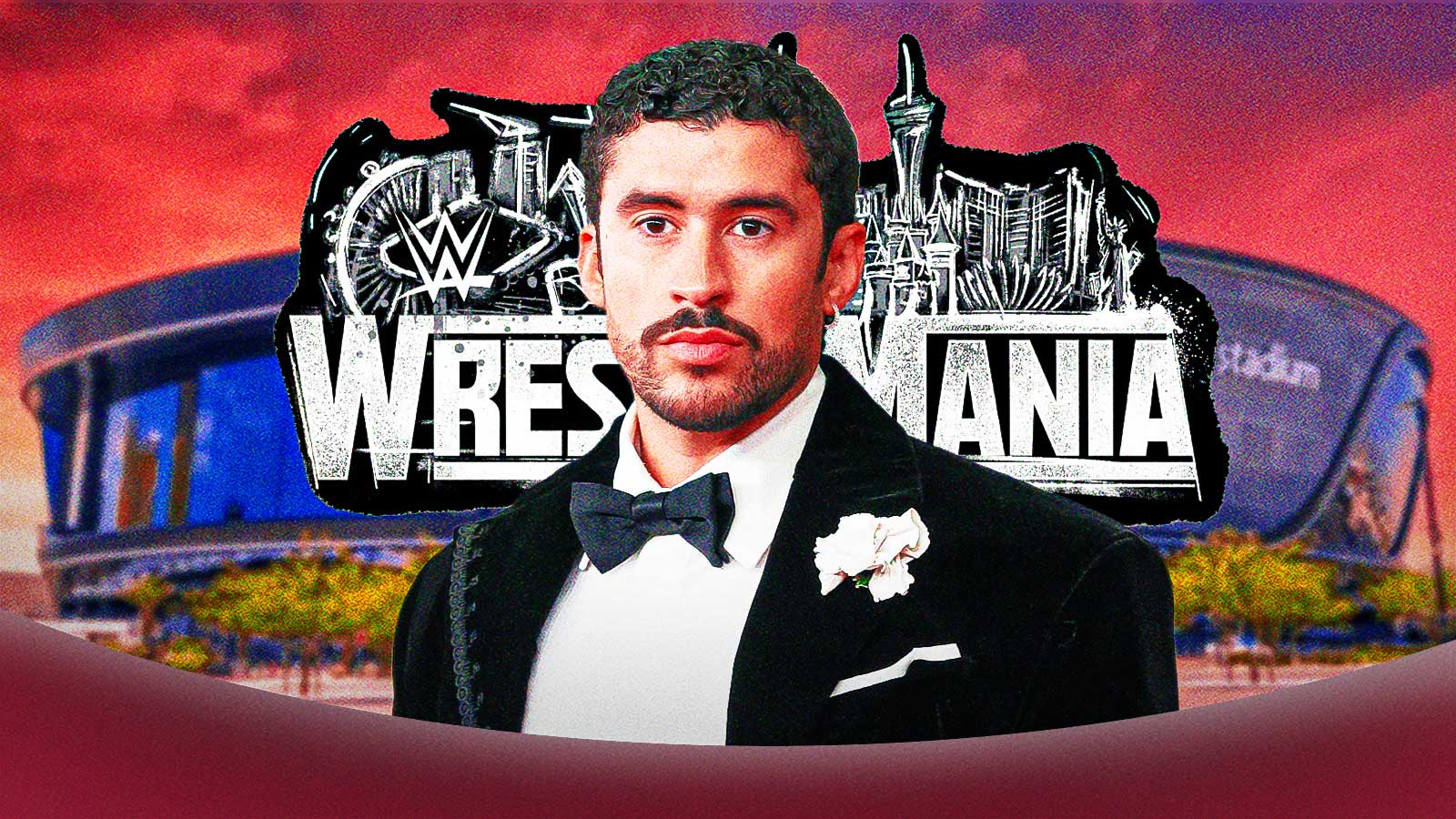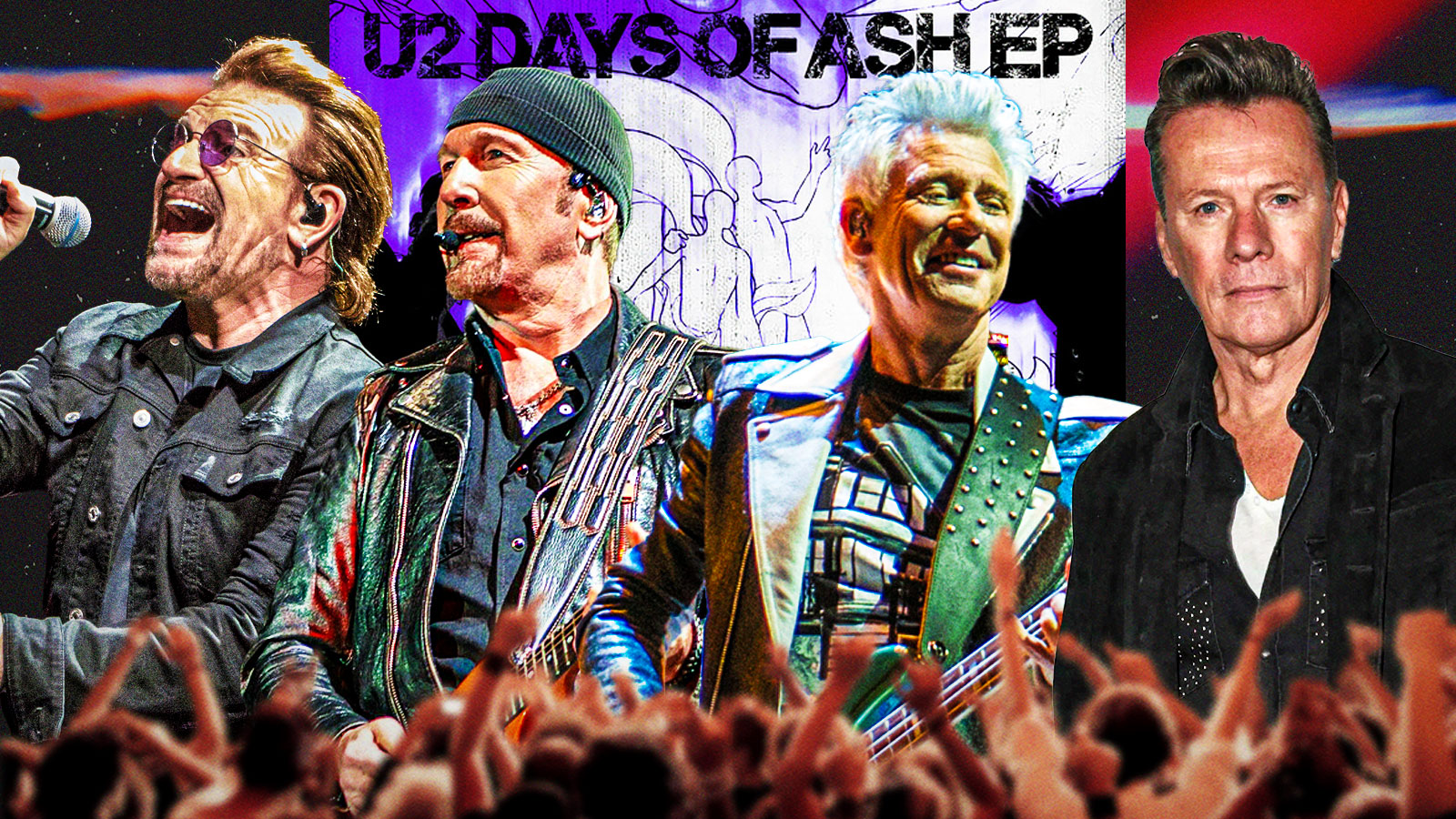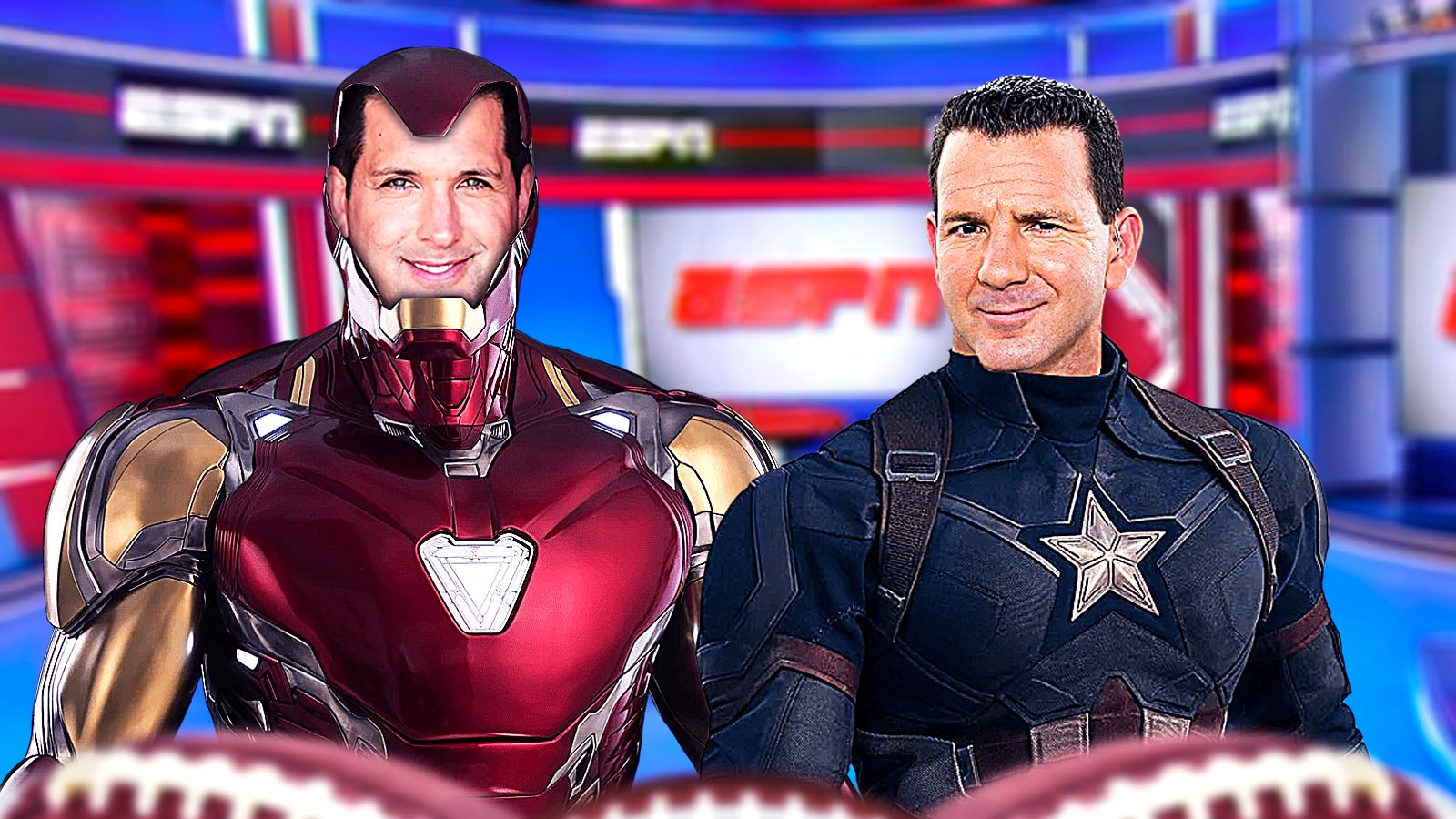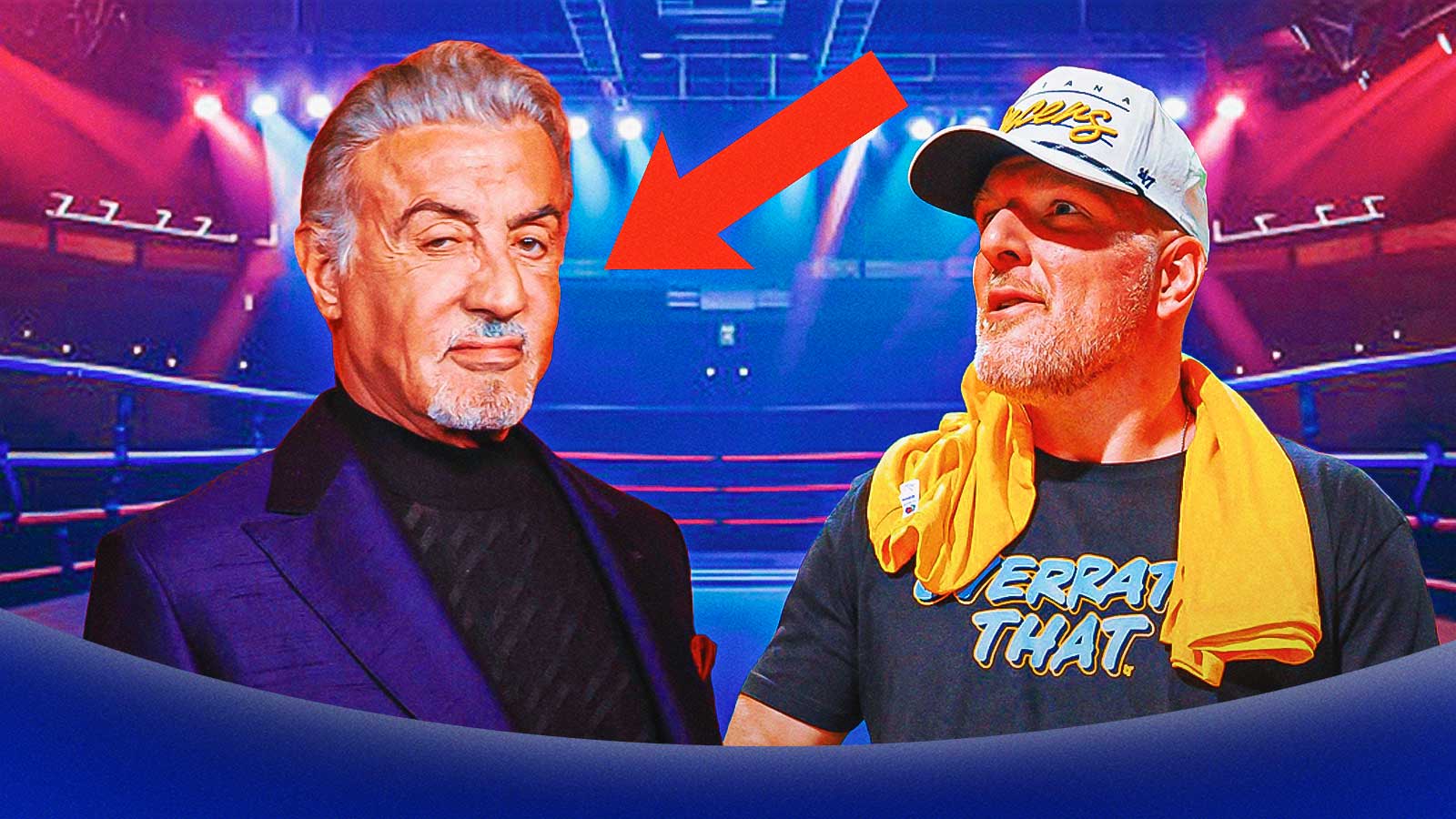When Jonathan Glazer accepted the Oscar for Best International Feature at the recently concluded 96th Academy Awards, he spoke about the Israel-Gaza conflict. In his speech, he said he refuted his “Jewishness and the Holocaust being hijacked by an occupation,” according to The Hollywood Reporter.
And the people on social media promptly lost their minds.
Glazer read from a prepared speech and thanked his partners on his Oscar-winning film The Zone of Interest. The movie follows the story of the longest-serving commandant of the Auschwitz concentration camp, Rudolf Höss and his family, during the Holocaust. The filmmaker addressed both his work and referenced the ongoing conflict between Israel and Gaza.
Zone of Interest Oscars speech subjected to online bashing
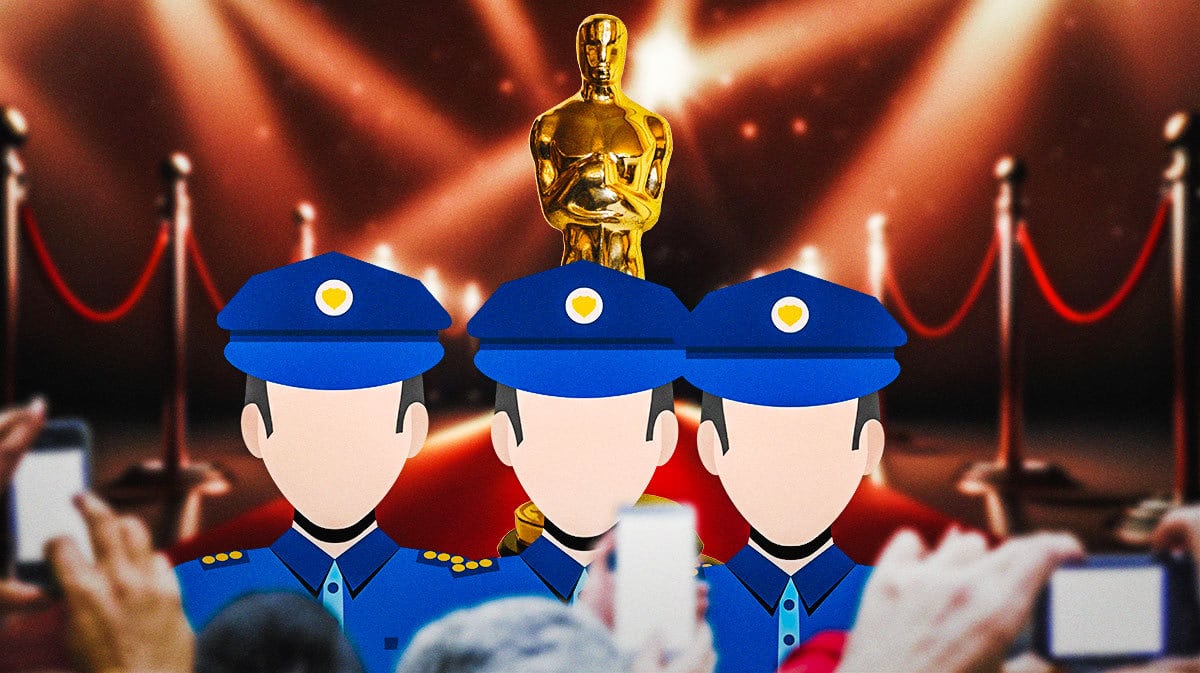
“All our choices were made to reflect and confront us in the present, not to say, ‘Look what they did then'; rather, ‘what we do now,'” he said.
“Our film shows where dehumanization leads at its worst. It's shaped all of our past and present,” Glazer continued.
The Jewish director added, “Right now, we stand here as men who refute their Jewishness and the Holocaust being hijacked by an occupation which has led to conflict for so many innocent people.”
Glazer had to pause briefly due to applause from the audience. He then continued to ask, “Whether the victims of October 7th in Israel or the ongoing attack on Gaza, all the victims of this dehumanization, how do we resist?”
Reactions to his Oscars speech was swift. However, most of the early negative comments were due to either some media sites truncation of the British director's quotes or completely taken out of context.
Due to these, some thought Glazer was refuting his Jewishness, full stop, rather than his complete message which was that he was refuting his “Jewishness and the Holocaust being hijacked by an occupation which has led to conflict for so many innocent people.”
The Misquotation of Jonathan Glazer
MSNBC host Chris Hayes quickly took to X (formerly Twitter) to correct the very wrong misquotation of Glazer's speech.
He posted, “I'm seeing [several] people saying this about Glazer's speech, and it's clearly wrong,” along with the director's full quote.
However, even with the full quote available on the internet, prominent Israeli and Jewish users bashed the director for his speech.
Israeli political activist and former deputy director of communications under Prime Minister Benjamin Netanyahu wrote, “Jonathan Glazer is a self-hating Jew of the worst sort who exploits the Holocaust to attack Israel in public at the Oscars ceremony.”
I'm not writing as someone who isn't Israeli, Jewish, Palestinian or Muslim. I'm writing as someone who watches and writes about TV series, movies and award shows for a living.
One of the most important things that I need to do in my job is to make sure I quote someone correctly. If it isn't my own opinion, I write where I got them from. If they're direct quotes, I put them in actual open and close quotation marks.
Catchy headlines are a must to hook a reader. I understand that. That's also part of my job.
Making sure that the headline fits the required SEO parameters is something that I have to do as well. Sometimes, you cut off a quotation just so the words physically fit that little box you need to fill. However, it's another thing to truncate someone's message to the point that it becomes a misquotation.
Newsweek opinion columnist Batya Ungar-Sargon posted on X, “I simply cannot fathom the moral rot in someone's soul that leads them to win an award for a movie about the Holocaust and with the platform given to them, to accept that award by saying, ‘We stand here as men who refute their Jewishness.'”
Her post was slapped with a Community Note that said, “This quote has been shortened and displayed out of context.”
However, that's not the whole quote. That was truncated. Glazer wasn't refuting his Jewishness, period. I watched his speech live. Even if you didn't, there are so many videos on the internet from reputable sources with this clip featuring his entire speech.
IfNotNow co-founder Yonah Lieberman, commented under Ungar-Sargon's post, “You're lying about what they said by adding a period in the middle of their sentence. They clearly meant they refute the way their Jewishness has been hijacked. You're supposed to be a journalist.” The organization is an American-Jewish group which opposed the Israeli occupation in Gaza as well as the West Bank.
There are many more who read that specific part of Glazer's speech and still insist that he “appropriates his religious and ethnic identity to attack the national homeland of the Jewish People which is fighting a war on seven fronts against those who openly call for the genocide of Jews.” That quote is from Combat Antisemitism Movement (CAM) CEO Sacha Roytman.
I truncated his quote, but in the interest of making it complete, here's what came before it: “Unfortunately, Jonathan Glazer has turned a magnificent achievement into another ‘As a Jew' moment where he …” This is a statement he sent to THR.
I don't feel I have the right to speak about the Israel-Gaza conflict. I don't know enough about it. But my point is, Glazer's speech was shortened to serve someone else's agenda. I've had to rewatch and re-read it several times just to see if there was any message in it that would cause so many commenters to call for his head as vociferously as most have.
We are at an age when information is quite literally at our fingertips. However, that means information — whether real or not — is at everyone's fingertips. Anyone who has a smart device and an internet connection can post anything and claim it as a fact.
Now, the onus is on the viewer, the reader, the listener — however you consume your chosen media — to think. There's value in not taking things at face value. When information is presented, take a look at what that information is, who it is from and what the source is. Then you can decide for yourself if it's something you can believe.
You may have heard this referred to as critical thinking. I'd like to think that it's just that — thinking. Information of any kind, when presented should be questioned. It can be as easy as asking, as if in a knee-jerk reaction, “Really?”
It's a lot like when a friend tells you something that begins with “Did you know…” I'd like to think that the first thing someone who's told that asks is, “Really?” Then comes “Where'd you hear that?”
If the answer to “Really?” is yes, then I'd be interested to find out what the answer to the next question is. If you're not satisfied with the veracity of the answer, then you could go and find out on your own.
If you're curious. And if you're not, you can always just leave it alone.

